In a recent interview, Tucker Carlson sat across from Iranian President Masoud Pezeshkian, asking polite, unchallenging questions of a man who represents a regime that has issued a fatwa against a sitting US president and enshrined “Death to America” as a founding slogan.
It was a stark contrast to Carlson’s often combative posture with American lawmakers – from mocking Representative Alexandria Ocasio-Cortez to his recent grilling of Senator Ted Cruz – as if democratically elected US officials were more of an adversary than the head of a theocracy with a long record of hostage-taking, terror sponsorship, nuclear brinkmanship and brutal repression at home.
But Carlson’s posture is not an anomaly. It is the latest example of a troubling convergence in Western politics: the far right’s cynical nationalist isolationism and the far left’s guilt-driven anti-imperialism arriving at the same dangerous conclusion: appeasement of the Islamic Republic. If we are serious about human rights and global stability, then we must tune out the distorting voices of power and instead listen to Iranians who are risking everything to oppose their oppressive regime.
While their motives differ – one distrusting foreign engagement as a threat to American primacy; the other seeking penance for colonial sin – both fringes of the political spectrum promote a policy that abandons the Iranian people.
The far right’s skepticism of foreign entanglements is not new. Today’s version of it is wrapped in post-9/11 fatigue, anti-globalist rhetoric, and a belief that US engagement only causes harm. The view insists that US interests end at the water’s edge – if authoritarian regimes don’t directly attack America, they’re not our problem. This logic allows someone such as Carlson to nod passively while Pezeshkian parrots regime propaganda about peace and victimhood, despite decades of state-sponsored violence. The perspective reduces complex struggles for freedom abroad to distractions or traps.
The far left, by contrast, sees the US as the world’s enduring imperial villain. In its effort to atone for colonialism and war, some progressives have adopted a posture of radical relativism. They treat non-Western regimes – especially those adversarial to the US – as authentic expressions of local resistance, even when they brutally repress their own people. Jeremy Corbyn expressed his respect for the 1979 Islamic Revolution during a speech at a commemoration marking its 35th anniversary and appeared on Iran’s state propaganda channel Press TV, even after it aired coerced confessions from tortured detainees. This isn’t principled anti-imperialism. It’s inversion.
This strange marriage of convenience – between isolationist nationalism and guilt-fueled relativism – leaves civil society in Iran without allies. It also perpetuates false binaries between – secularism and faith, feminism and tradition, imperialism and isolation.
So what voices should freedom-loving Americans be listening to? Those of Iranians who know the regime best – and who are putting their lives on the line for those very freedoms.
Take Fatemeh Sepehri: a devout Muslim, mother, and widow of an Islamic Revolutionary Guard Corps member, who defies every stereotype the regime and its apologists impose. In 2019, she cosigned a statement calling for a peaceful transition to a democratic, secular government. For this act of conscience, she has been sentenced to 18 years in prison. Her story is a powerful reminder: the Iranian people cannot be reduced to proxies or caricatures. Their demands for dignity transcend the West’s political hang-ups.
This struggle echoes across Iranian civil society. As Nobel Laureate Narges Mohammadi expressed “If we shouted for peace that the fire of war must cease, today we shout with the same strength and resolve: The relentless fire of the Islamic Republic’s war against the people of Iran must cease.”
Some justify silence about the regime’s crimes as “respect for cultural difference.” But as Iranian author Azar Nafisi reminds us: “It is truly patronizing to assume that Muslims do not deserve the same rights, the same dignity that we claim for ourselves in the West. How abhorrent to frame child marriage and gender apartheid as mere cultural differences rather than the systemic human rights violations they are.”
The leftist Edward Said warned of projecting Western fantasies onto “the East.” Ironically, today some Western progressives fall into this very trap: idealizing authoritarianism as spiritual or pure, while dismissing secular or feminist voices from Muslim societies as inauthentic or “Westernized.” In defending the regime as an authentic counterweight to Western power, they revive a different kind of imperialism – one that treats non-Western people not as moral equals, but as props in a Western morality play.
Finding the right voices has become all the more difficult since the Islamic Republic Parliament passed a draconian bill that deploys the death penalty against dissent and frames activism as “collaboration” with Israel and the US. As activist Sepideh Qoliyan, writing from prison, warned: “Democratic countries and international institutions must be the voice of Iranian civil society… We are being subjected to even harsher repression because we continue to resist.”
As the Iranian people face intensified repression – and increasingly call for a transition to democracy – they do not need our colonial shame or nationalist cynicism. They deserve our integrity – the moral courage to stand with them in their quest for representative and accountable governance. Not as saviors, but as allies. Not just for their future, but also for ours.



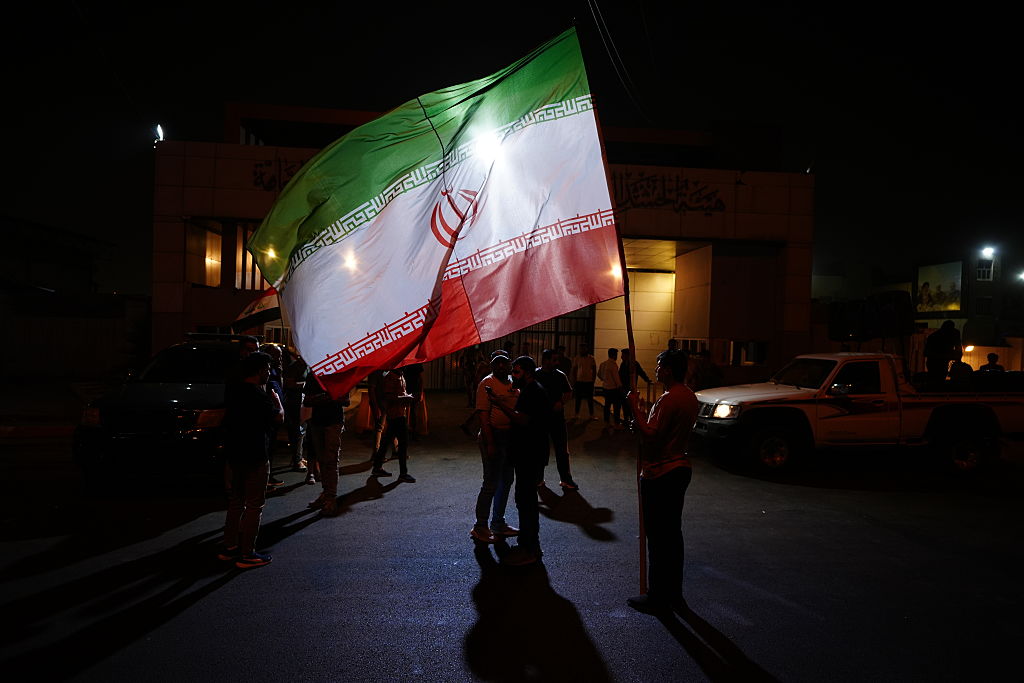






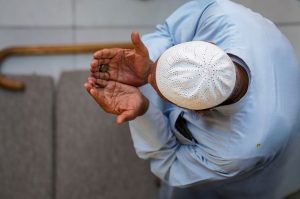
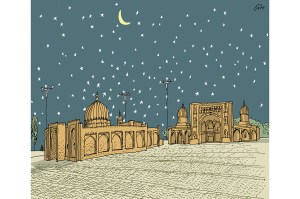


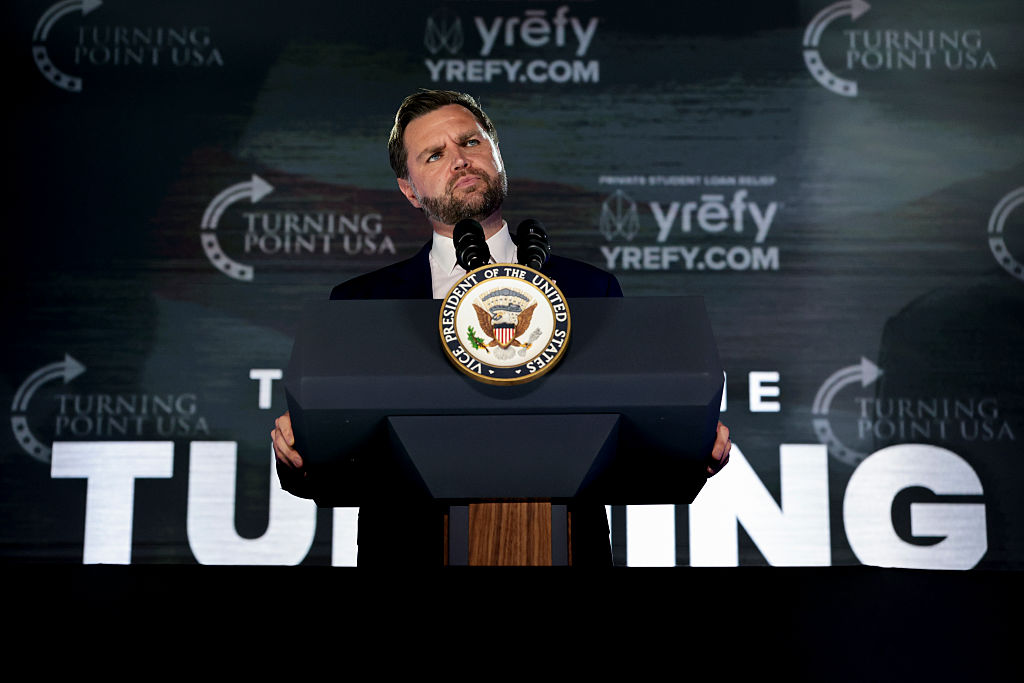

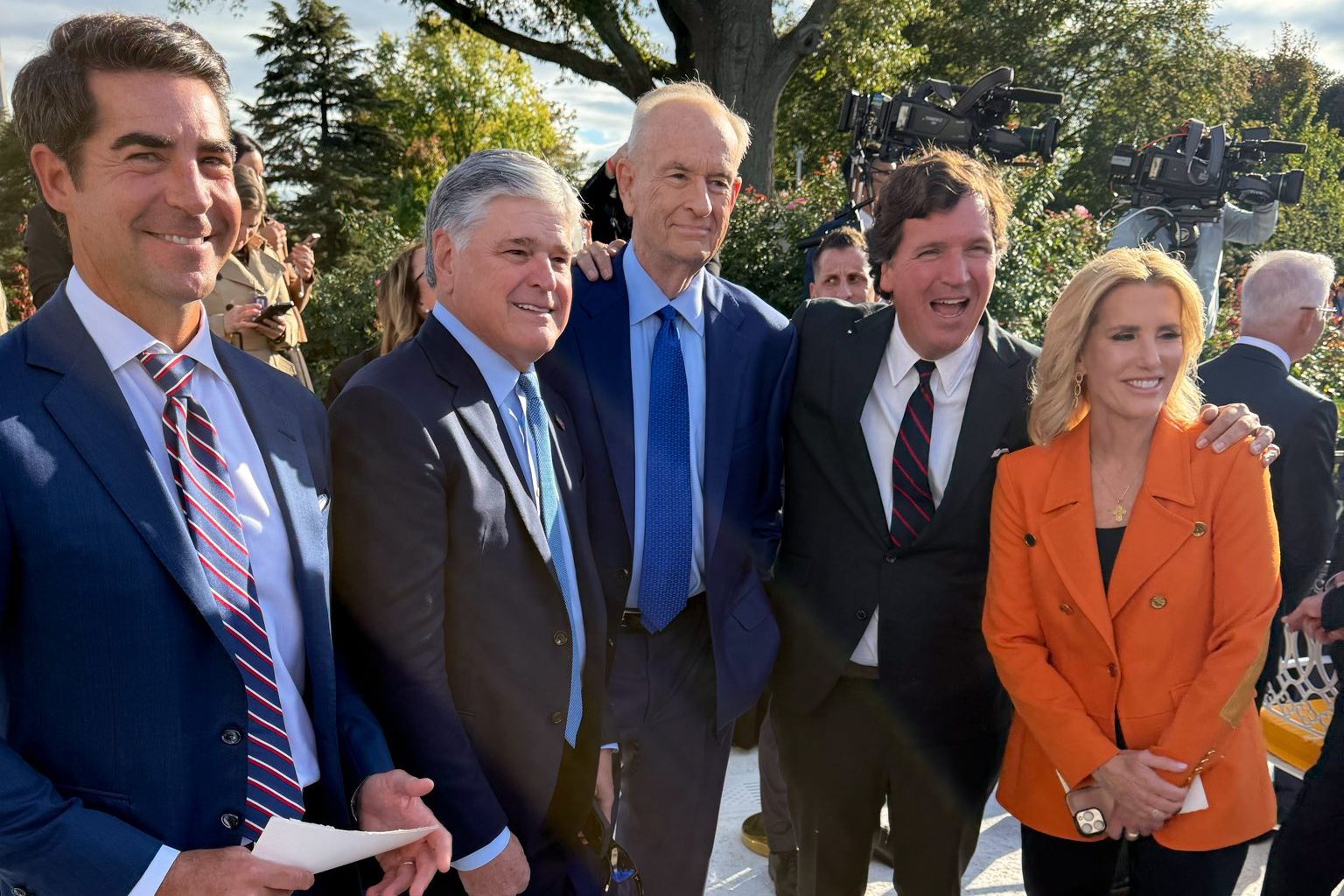
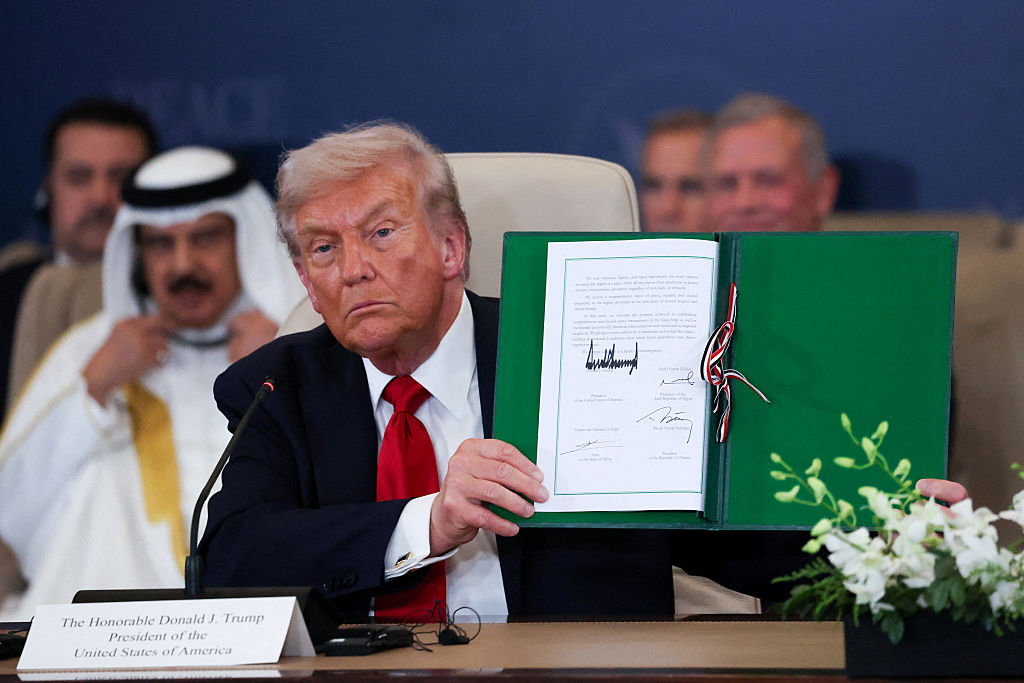
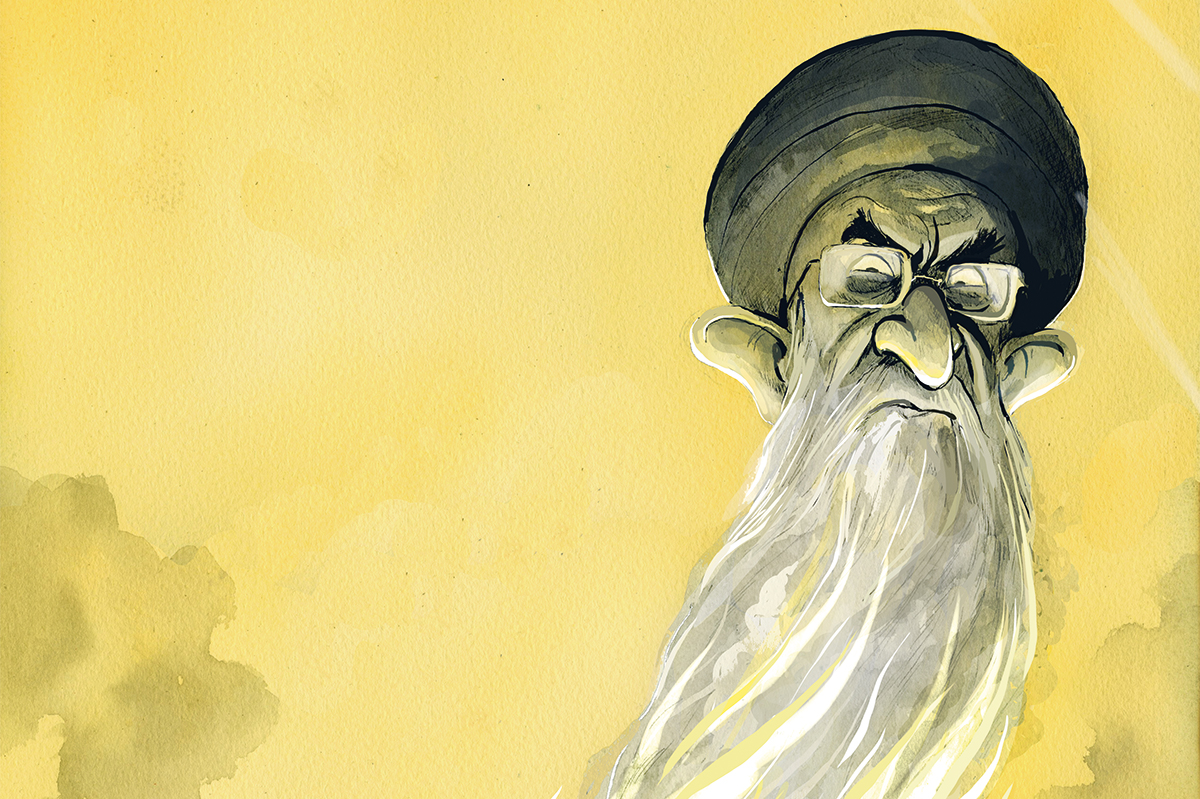







Leave a Reply